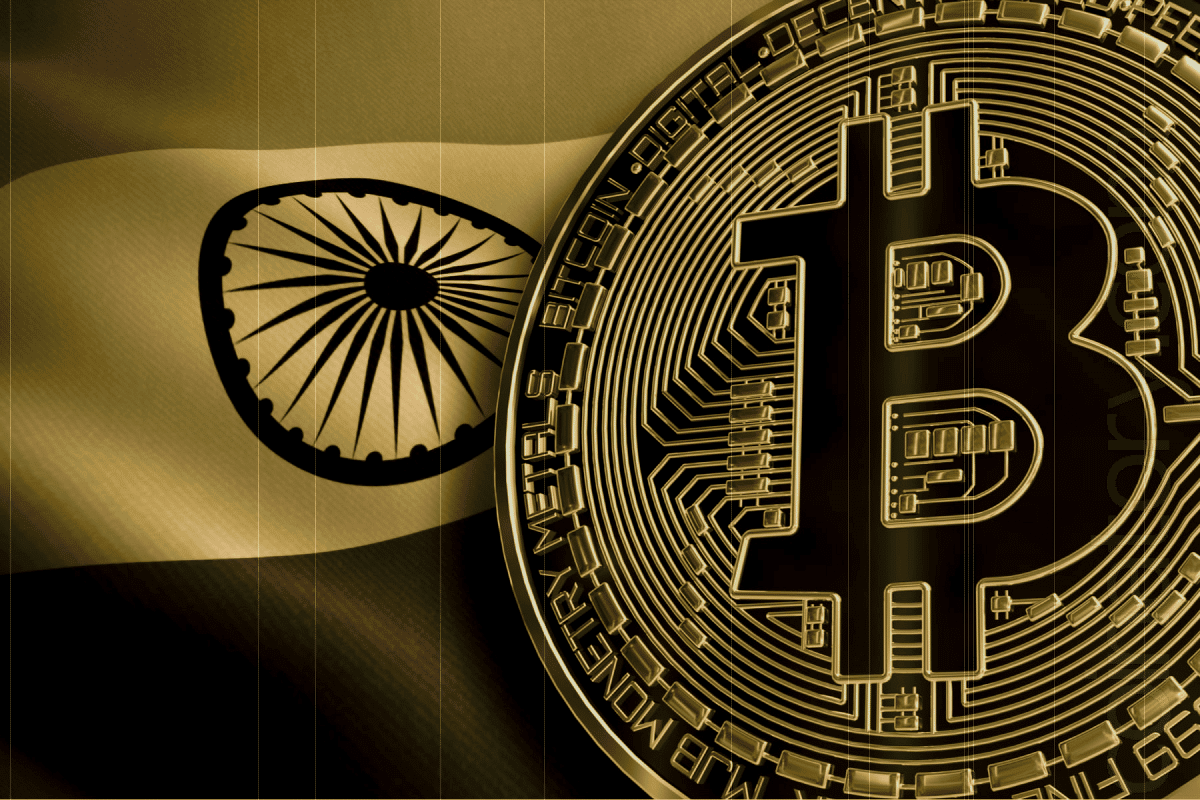
In reaction to changing international regulations, India is reviewing its cryptocurrency legal structure. The government is revising its crypto discussion paper, which was originally scheduled for release in September 2024, to reflect changing global views on digital assets, Economic Affairs Secretary Ajay Seth told Reuters.
Regarding the use, acceptance, and importance of cryptocurrencies, more than one or two jurisdictions have modified their positions. We are reviewing the discussion paper in that step,” Seth said.
Change in Regulation Motivated by the US Policy Review
India’s investigation comes after former US President Donald Trump recently issued an executive order for federal agencies, including the Treasury Department, to assess laws that impact the digital asset market. The order stressed evaluating the viability of a national digital asset stockpile, even though it made no specific reference to Bitcoin or other cryptocurrencies.
India’s Tough Crypto Laws Are Still in Place
India’s cryptocurrency industry is still strictly restricted despite continuous discussions. The government imposes a 1% Tax Deducted at Source (TDS) on transactions and a 30% capital gains tax on cryptocurrency profits.
The Financial Intelligence Unit (FIU) and other regulatory agencies have taken tough measures against exchanges that are not in compliance. In order to continue operations in India, Binance paid a $2.25 million fine in June 2024 after the FIU sent letters to nine offshore platforms in December 2023.
Private digital currencies have long been a source of concern for the Reserve Bank of India (RBI). Although India’s securities regulator, SEBI, has proposed a multi-regulator strategy, suggesting potential flexibility toward virtual assets, its December 2024 Financial Stability Report reaffirmed its cautious attitude.
With no facilities for loss offsets and required deductions on transactions above ₹50,000 annually, India’s tax laws continue to be a significant obstacle for traders. The RBI, Ministry of Finance, and SEBI are just a few of the organizations involved in regulatory monitoring, which makes compliance for companies even more difficult.
India’s Prolonged Development in Crypto Policy
Over time, India’s position on cryptocurrencies has changed significantly. The RBI repeatedly warned about the hazards associated with cryptocurrencies between 2013 and 2017, but it did not enact any official rules. A banking ban on cryptocurrency exchanges was implemented in 2018 due to worries about investor protection and money laundering, which prevented institutions from accessing financial services.
After the Supreme Court ruled in 2020 that the RBI’s restriction was unconstitutional, the business recovered. Since then, India has taken a measured stance, encouraging the use of blockchain technology while investigating the possibility of a Central Bank Digital Currency (CBDC). Private cryptocurrencies, however, are still in regulatory limbo, and debates concerning their economic function are still continuing strong.
The Crypto Market’s Prospects in India
India continues to have one of the biggest cryptocurrency markets in the world despite legislative obstacles, because to its tech-savvy populace and rising interest in decentralized finance (DeFi). India’s position may have a big impact on the global crypto scene in the years to come as legislators negotiate the difficulties of regulating digital assets.







